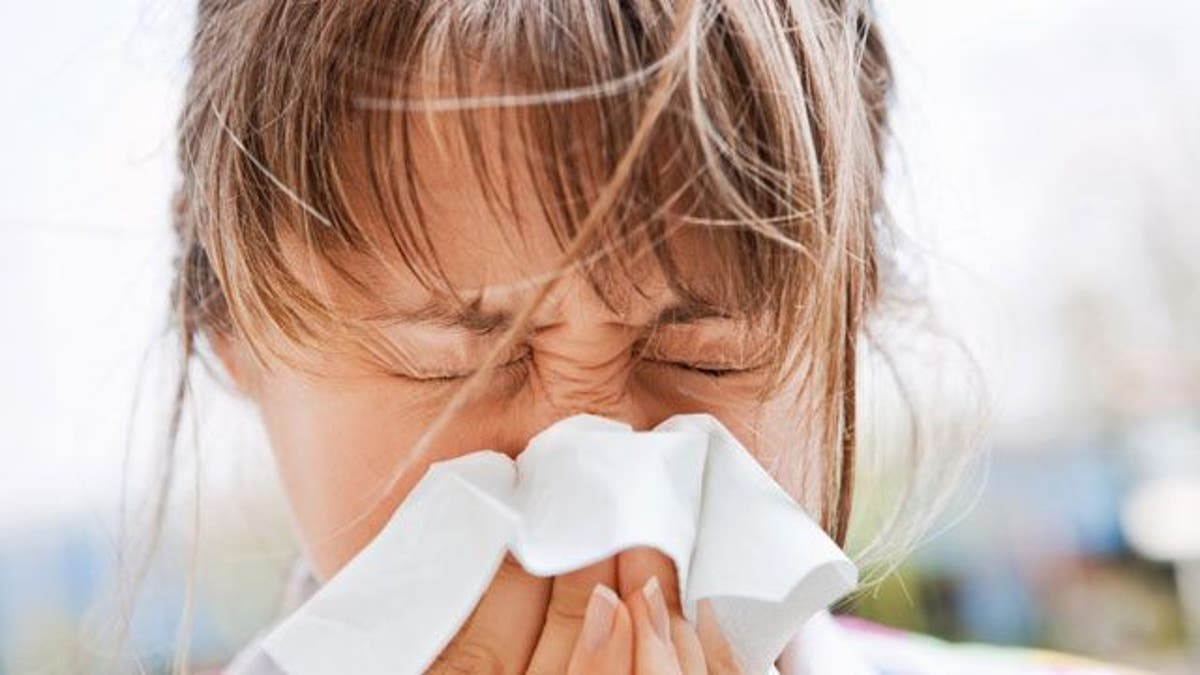
The weather is beautiful, flowers are blooming – and seasonal allergies are sending more and more people to the drugstore.
According to the Asthma and Allergy Foundation, allergies occur because of an overreaction of the immune system to a foreign substance. Approximately 40 million people suffer from indoor/outdoor allergies that result in coughing, sneezing, runny nose and itchy eyes.
If you suffer from allergies try some of these natural solutions to get yourself back into balance and help you lessen allergic reactions.
According to Traditional Chinese Medicine, poor digestion can create an excess buildup of mucus in the body, which can worsen allergy symptoms. Opt for a warm breakfast to get your digestive tract moving each day. To further improve digestion, make sure you chew your food thoroughly. Listen to your body and eliminate any foods that you have a difficult time digesting or that cause you gastrointestinal distress.
Regular, daily consumption of raw local honey can help build up your immunity against seasonal allergies. Bees carry pollen back to their hives with them; eating pollen-infused honey may help your body create the antibodies needed to strengthen your immunity against the pollen. The only way this will prove to be beneficial is if you use local honey, which is infused with local pollen. Try to consume one teaspoon of honey, two times per day during allergy season. It may take a few weeks of regular consumption to notice a difference, so consume honey daily it for at least a month before throwing in the towel.
Sometimes allergies are nothing more than inflammation in the body, leading to swollen sinus passages and itchy, red eyes. Healing the gut can help reduce inflammation. Begin by eliminating highly processed foods and focus on consuming a diet of leafy green vegetables, high quality proteins and low-glycemic foods to prevent any inflammation caused by blood sugar imbalances. Research has linked the presence of beneficial bacteria in the gut with a reduced incidence of allergies. Fermented foods and drinks such as sauerkraut, kimchee, kefir and kombucha can help populate the gut with healthy bacteria.
Using a neti pot on a regular basis helps flush out allergens and irritants from the nasal passage. Use a pre-made saline rinse or dissolve one teaspoon of Himalayan Sea salt in a quart of boiled distilled water and pour the cooled mixture through each nostril. Electric nasal flushes have become popular as well and serve the same purpose as a neti-pot. Some people find them easier to use.
Nettle leaf is a natural antihistamine. For immediate allergy relief, freeze dried nettle leaves can be an effective option. Nettle leaves can also be used to make a soothing, allergy-relieving tea. Use nettle leaves on their own, or combine them with peppermint leaves, to make a tea you can sip on regularly during allergy season. According to the University of Maryland Medical Center, taking nettle capsules may also help reduce symptoms of hay fever, including sneezing and itching. Though nettle leaves are generally considered safe, pregnant women should avoid them, and you should always consult with your doctor to check for any contraindications and drug interactions.
If your symptoms don’t improve or continue to worsen over time, visit your doctor to rule out the possibility of your condition being something more serious than seasonal allergies.
